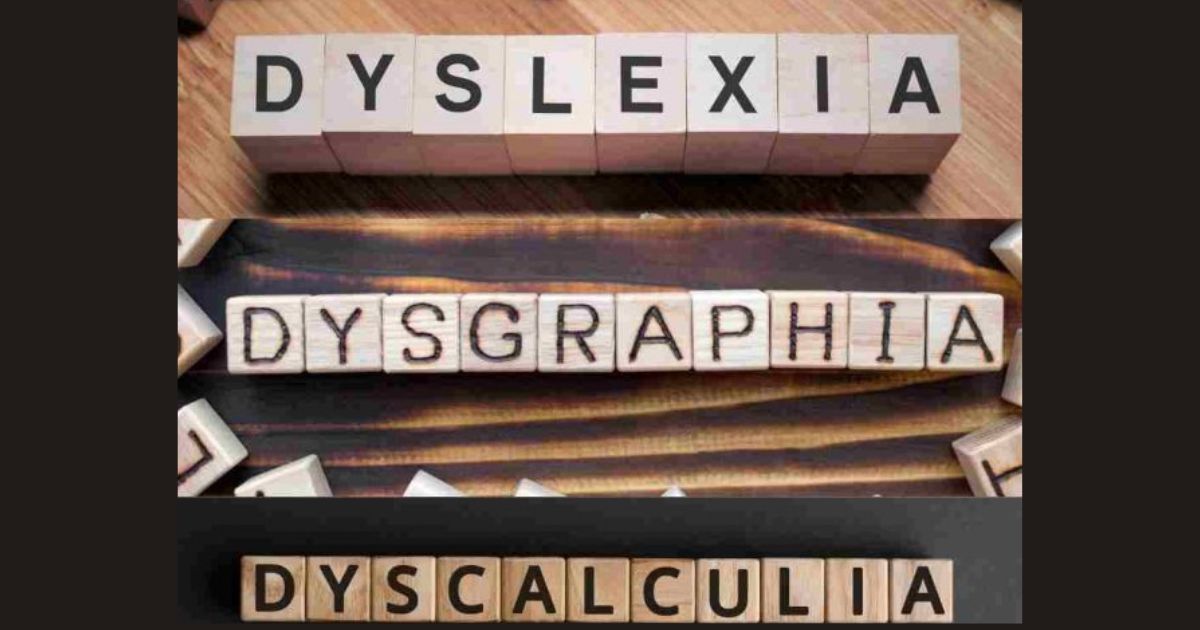What is a Functional Behavioral Assessment?
Functional behavioral assessments aren’t required for every IEP. However, they can help your child's IEP team figure out what is causing your child’s challenging behavior and develop ways to reduce or replace them. Your parental consent is required for a functional behavioral assessment to be done as part of your child’s initial evaluation or reevaluation. A functional behavioral assessment is used to help answer why your child has challenging behavior, what reinforces the challenging behavior, and what positive interventions can help decrease the challenging behavior and increase the desired behavior.
Do I need a Functional Behavioral Assessment?
If your child’s IEP is behavioral based, they can benefit from having a functional behavioral assessment. It’s important to remember that you don’t have to wait for the school to recommend a functional behavior assessment. I recommend suggesting a functional behavioral assessment in writing when you first start receiving behavioral referrals or disciplinary action from your child’s school. Request an assessment by listing your concerns with how you believe your child’s behavior is impacting their learning. Make sure you print a copy of your request for your records. You can file it in your IEP binder so you know exactly where it is. You can also be proactive and talk to your child’s teacher to get their input before your child’s report card reflects behavioral problems.
I unfortunately waited for my son’s school to initiate his functional behavior assessment after his behavior was spiraling out of control. My son’s IEP is behavioral based. His charter school initially denied my request for an IEP at the beginning of the year based solely on his academics. Their denial was based on his strong academic record stating that he didn’t need an IEP or meet the requirements for an IEP because he wasn’t struggling with his academics. I wasn’t able to get an IEP for him for his behavior until the end of the year after advocating until I felt like giving up. Don’t wait like I did.
When is a Functional Behavioral Assessment Required?
A functional behavioral assessment is required for the following reasons:
- It’s required when the IEP team determines that your child’s behavior is interfering with their learning or the learning of others.
- It’s required when your child’s behavior violates a “code of conduct” that results in a change of placement and is determined by the IEP team to be a manifestation of their disability.
- It’s required when the school refers your child to law enforcement.
- It’s required when a child is removed from his current placement for not more than 45 school days for behavior involving a dangerous weapon, illegal drugs, or infliction of serious bodily injury.
What does a Functional Behavioral Assessment do?
A functional behavioral assessment can help explain what causes your child’s behavior and give possible solutions to help your child. The functional behavioral assessment helps you understand the ABC’s of your child’s behavior. The A is the antecedent that occurs immediately before your child’s behavior or what triggers your child’s behavior. For example, your child’s behavior may be triggered when they are told to stop an activity that they enjoy or when they perceive that they are being ignored. The B is the behavior that the IEP team is concerned about and is trying to change. The C is the consequence that happens right after your child’s behavior that helps the team understand why the behavior is happening.
After figuring out why your child has behavioral challenges, the school district’s psychologist or behavioral health professional gathers unbiased information, data, and observations including records and input from teachers. Remember that you can request to see the credentials of the person that is responsible for completing the assessment. If they don’t appear to be qualified, you can request to have an independent evaluator complete the assessment. You can also provide any information including input from your child’s mental health provider. The IEP team takes all of this information and summarizes the data to develop a positive behavior plan that is designed to change and improve the behavior.
What’s Next?
After the assessment is completed, your child’s IEP should include goals that teach replacement behaviors. The intervention plan includes strategies that can modify your child’s curriculum, environment, activities, or interactions with your child that prevent occurrences of the challenging behavior. After your child’s assessment is complete, the school will likely create a behavior intervention plan or BIP to find strategies and interventions that are designed to help improve your child’s behavior.






